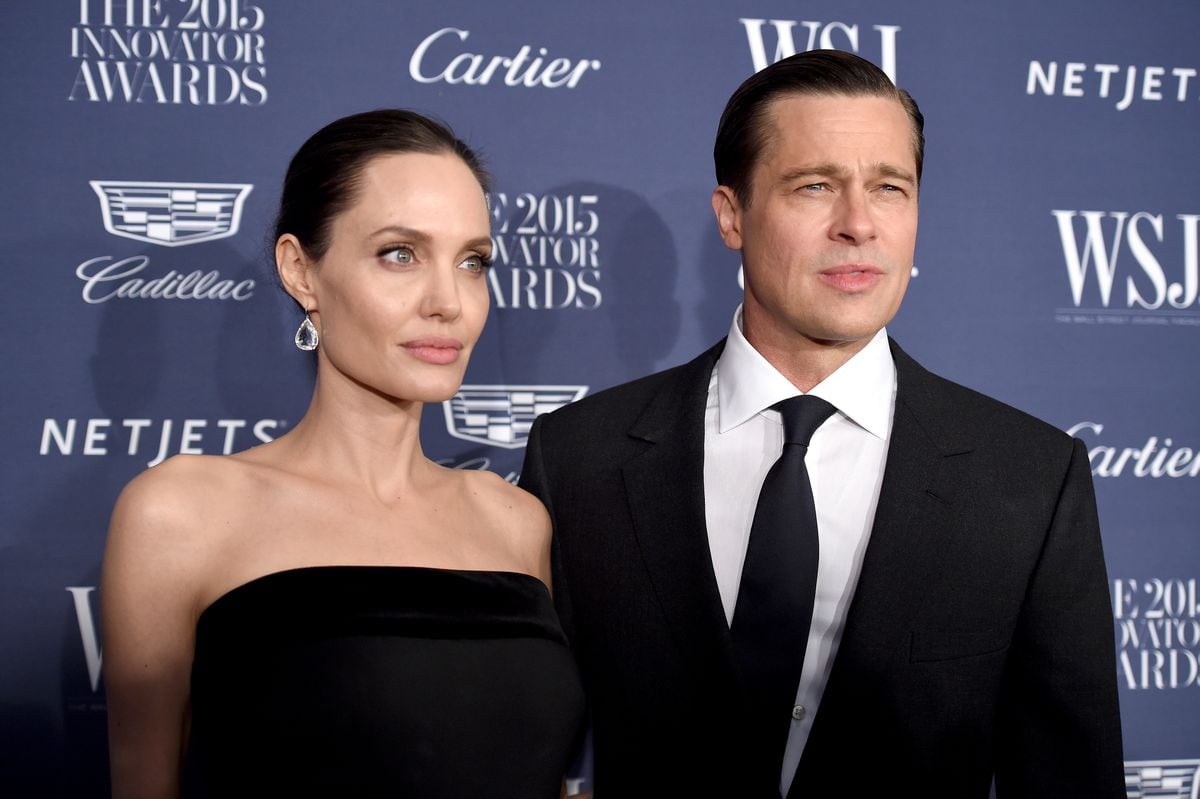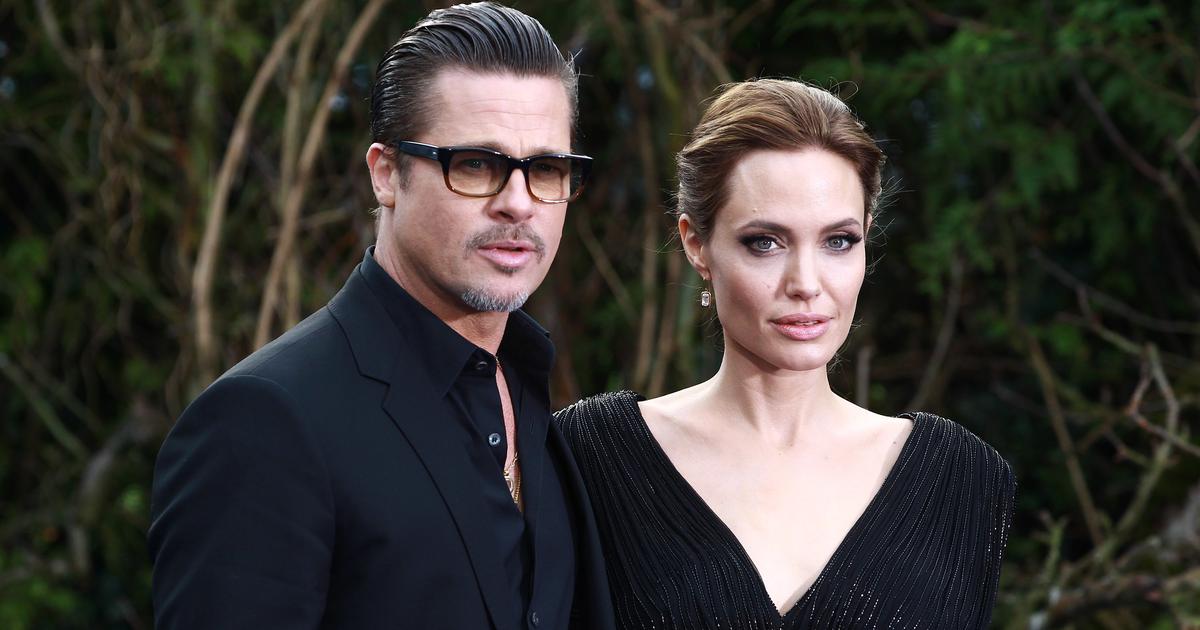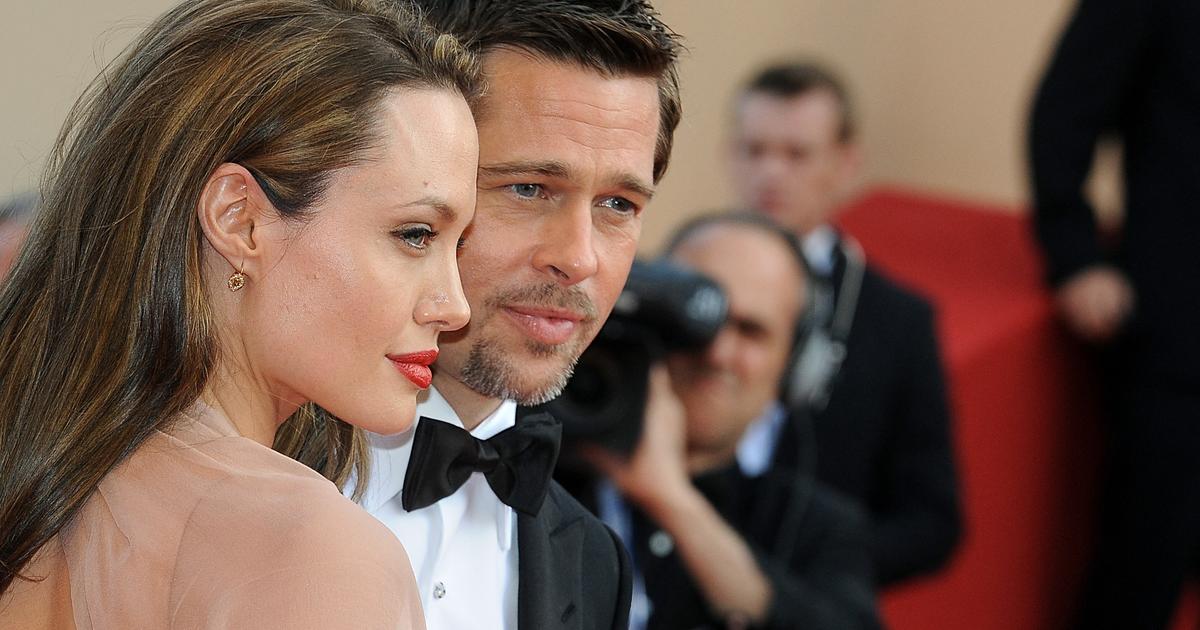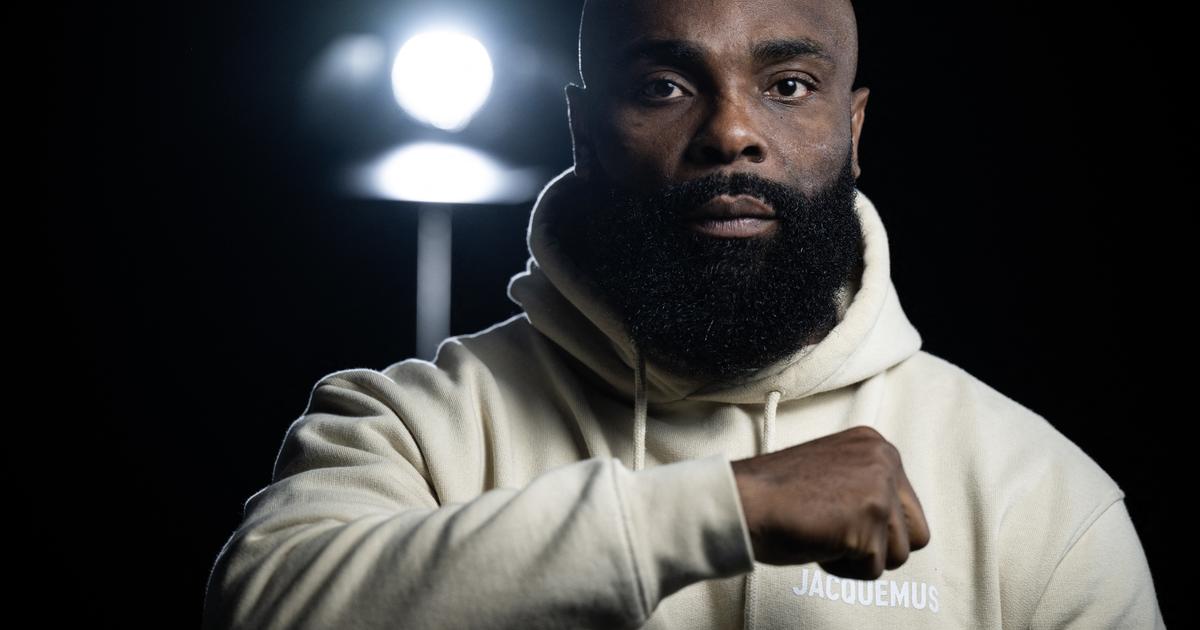Portrait of writer Chuck Palahniuk in Italy in 2007. CENDAMO LEONARDO (Getty Images)
The pandemic divided the world into two: those who undertook personal projects taking advantage of the collapse and those who later regretted not having done so.
For Chuck Palahniuk (Washington, 60 years old) the confinement was not as problematic – after all, a writer needs a certain isolation to concentrate – as the closing of the gyms.
Suddenly, he had nowhere to keep his proverbial musculature.
So he set himself a new routine: building a castle with his bare hands on top of a cliff outside of Portland.
He laughs as he remembers it on the other end of the phone: “I traded a completely abstract activity in the gym for lifting 40-pound boulders.
I started with a simple room and before I knew it I was putting in windows, niches for statues, a patio... There it is, without ceilings,
like a strange uninhabitable fantasy”.
In those months, she took on something that she had been avoiding: teaching and preparing the manual for aspiring novelists that is coming now,
Consider this.
Moments in my life as a writer that changed everything
(Random House).
From its cover, Palahniuk observes with the defiant look that the author of Fight Club
is supposed to have .
, his head shaved under a hood and his face covered in fake tattoos.
“The best mugshots of inmates are equal parts menacing, tragic, and cartoonish.
Author photos and police photos are almost the same: faces like methamphetamine.
I got a bunch of stickers and a sweatshirt that I've had for 30 years and the editorial loved it... Then they thought better of it, they said it could hurt sales.
So I'm glad it has been rescued for the Spanish edition."
She knows his image sells, but she has a theory that writers shouldn't take promotional photos where they look particularly handsome, so they're more likely to be told later that they look better in person.
Those who attend the Expanded Literature Festival in Magaluf (Mallorca) this first weekend in October will be able to verify it.
Collage that mixes photos of the writer Chuck Palahniuk at different times in his life with images of film adaptations of his books such as 'El Club de la Lucha'Miguel Vides
He begins this book by saying that he never wanted to write it.
What made you change your mind?
Before publishing
Fight Club,
he worked on a truck assembly line.
There were so many of us journalists in that company that we joked that they should teach welding during their career.
Then I signed up for Tom Spanbauer's [author of the seminal
The Man Who Fell in Love with the Moon
] writing workshop, and everything changed.
I owe him a lot of what I know.
Thanks to him I was able to develop my career.
Since Tom is not in good health and he was never going to write this book, he owed it to him.
Tom Spanbauer created the concept of "dangerous writing" that you cultivate.
What does it consist of?
It's about exploring something threatening and unresolved in your life, overcoming fears based on painful personal truths.
He writes that
Bret Easton Ellis
told him that the novel no longer has cultural relevance.
Do you share your opinion?
The truth is, no.
I don't know of a way to tell stories with greater political impact than the novel.
Movies or songs don't have that catalytic power;
they may be more instantaneous but without as lasting a cultural imprint as
Uncle Tom's Cabin
or
To Kill a Mockingbird
, to name but a few.
What advice as a writer would you have given yourself as a young man?
Let me relax.
You have to take time to publish something that matters, you only have a first novel.
In his case it was
Fight Club
.
He took his time… He wrote it when he was 33.
He was still young, wasn't he?
[Laughs].
How did he keep from losing his mind after his success?
It was not a success, on the contrary.
When I did my first promotional tour, in Seattle two people came and in San Francisco, nobody.
No matter how much the film rights were acquired, nothing indicated that it would be filmed.
When it was finally released, it lasted a couple of weeks on the bill.
By then it had hardly been sold, almost all copies of the book remained in a warehouse.
It wasn't until Fox put it out on DVD that it really found its audience.
The author dancing in a photograph from a few years ago.
Is it true that when you were introduced to Brad Pitt on the set, you wanted to wear the same lips?
[Laughs] We all have complexes.
I, for example, have been trying to hide my neck since I was a child.
I have it too long.
That's why he always took promotional photos of me with a turtleneck.
But I had not fallen into the mouth until a friend told me: "Have you noticed that the attractiveness of Brad Pitt is his perfect lips?".
He has them very pronounced, very
full
.
That made me aware of mine;
I have them very fine.
I needed lips like those.
So I called several cosmetic surgery offices to find out and wanted to try one of those teleshopping-like inventions that do suction for a fleshy effect.
It was a complete disaster.
And I took the opportunity to write about it, of course.
Why do you like to explore the limits of the body so much?
It is curious that I mention it, because I have realized that the stories that most attract me as a reader are those that include some physical element.
And in my writing it is always there: whether in violence, in sex, in drugs or in illness.
Creating a very intense feeling of the character's body generates a physical reaction in the reader.
At what point would you say you left behind the obsession to provoke?
The nineties were the decade of transgressive novels.
It started with
American Psycho
and continued with
Trainspotting
and
Fight Club
.
Novels about bored kids who tried anything to feel alive.
But everything changed with 9/11.
Suddenly, anything transgressive was in danger of being accused of inciting terrorism, and publishers decided not to take legal responsibility for their authors.
That is why there was such a strong revival of codified formulas of transgression, such as terror.
I published my particular horror trilogy:
Nana, Diary: a novel
and
Ghosts
.
I had to sharpen my wits to hide the message.
I don't see it as something bad, on the contrary, it forces the reader to exercise their intelligence to decode what you're really telling them.
It has a bedside story,
Guts
, about risky forms of masturbation that can end in tragedy.
He has become famous for causing the audience to swoon.
Why do you like to read it in public so much?
Guts
arises from true stories.
I wrote it as a personal challenge, thinking of Shirley Jackson and her story
Of her The lottery
.
When he published it in the fifties in
The New Yorker
, the magazine lost subscribers, there were people who were very offended.
I was obsessed with the idea: what would a story capable of amassing the same level of anger look like today?
Reading it in public is the most humiliating thing I can do, because I have to park all my dignity.
It is a message especially for the youngest: to create the first thing you have to lose is shame, only then do you end up facing your own fears.
Chuck Palahniuk in a 'mirror-selfie' he shares with ICON from his book cover shoot, in which he got several fake tattoos on his face.
Shirley Jackson's daughter sold her mother's ashes online and gave you part of it.
Where do you keep them?
They are too precious an heirloom to remain in my hands.
I bought two beautiful wooden boxes at an antique dealer, divided them up and sent them to my agent and publisher.
The truth is that I'm not particularly a fetishist.
Among the many writers he mentions in
Consider This
, he picks up some particularly disturbing anecdotes about
Stephen King
and the fanaticism he spawns.
Has he been a role model for you?
I particularly admire him for how he survived his eighties.
When the critics started rejecting him and he was getting only bad reviews, he responded in the only possible way: keep writing.
That seems like an example to follow.
There are people who would give Stephen King the Nobel, others think it's a crazy idea.
In all this debate about what is high and low culture, where would you place what you write?
It's not for me to say.
Although as an author I can choose very low culture topics, I always try to raise them as much as possible.
In this book he raises two unanswered questions: why are we so obsessed with stories of losers?
Why do the stories of high culture end badly?
In most movies of my generation the good guys lost.
Rocky lost, Rosemary gave birth to the son of the devil,
Taxi Driver
Palma,
Carrie
kills everyone and kills herself,
Midnight Cowboy
it ends fatally… Everyone seeks an ideal and loses the battle, although many persevere.
Someone called this "romantic fatalism."
We had seen the failure of Vietnam, the corruption of Nixon, the environmental crisis... Nobody was going to buy a nice ending, you had to see the hero try and try and fail.
The decline of the Summer of Love would give rise to the Generation Me of the seventies and the
yuppies
of the eighties.
And so we have remained in love with tragic endings until today.
In 2018 you experienced a particularly tragic moment: you lost the income of your last years due to the embezzlement of the accountant of your literary agency.
What was it like suddenly finding yourself in precariousness?
Disturbing, but it helped me not to be so trusting.
Anyway, I didn't start writing for money and it has never been my main goal.
I'm not a big spender either.
So essentially nothing changed.
At that time, more terrible things happened to me, like the death of my father-in-law from cancer.
She has always been very secretive about her relationship with her husband, with whom she has been with for almost 30 years.
What has changed so that you now talk about it more openly?
The death of my parents has been decisive.
I didn't want to embarrass them in life, because homosexuality wasn't something that fit them very well.
Also my husband feels more comfortable with it.
In 2018 we were invited to the Rome Film Festival and when I walked the red carpet we posed together and he hugged me from behind.
It was a natural gesture that we don't usually cultivate in public.
Is it true that one of your editors once blurted out to you: "What would people think if they knew that
Fight Club
was written by a big fagot"?
Yes, it was a very uncomfortable moment, really… especially for him.
When someone says something like that to you, it's best not to respond, to let it hang around like a big, stinky piece of shit for as long as possible.
He has had no problem writing about his addiction to sedatives, however I have read that he has given them up.
What has prompted you to do it?
I started because I suffer from insomnia.
I can spend weeks wandering without sleep.
I later discovered that they were a fantastic tool for writing in one sitting or for keeping up with the pace of promotional tours.
The Vicodin or the Ambien served me to turn my body into a machine that responded to the need to rest or to be awake when I played.
Until I was invited to a cultural festival in Borelo, Palermo, and I caught a terrible fart mixing pills with alcohol.
I ended up behaving like a jerk in front of people I admire as much as the writer John Irving.
On my return to Portland I was so embarrassed that I told myself never again.
Finally, if you went to a clairvoyant, what would you like to see in the ball?
I don't think he asked to see anything, it would be like cheating.
You know those computers that come with a bunch of pre-installed tools but you have to pay and get a code to access them?
Well, for me it would be the same: I prefer to learn to handle the tools before paying for someone else to solve the ballot for me.
You can follow ICON on
,
,
, or subscribe to the
Newsletter here
.









